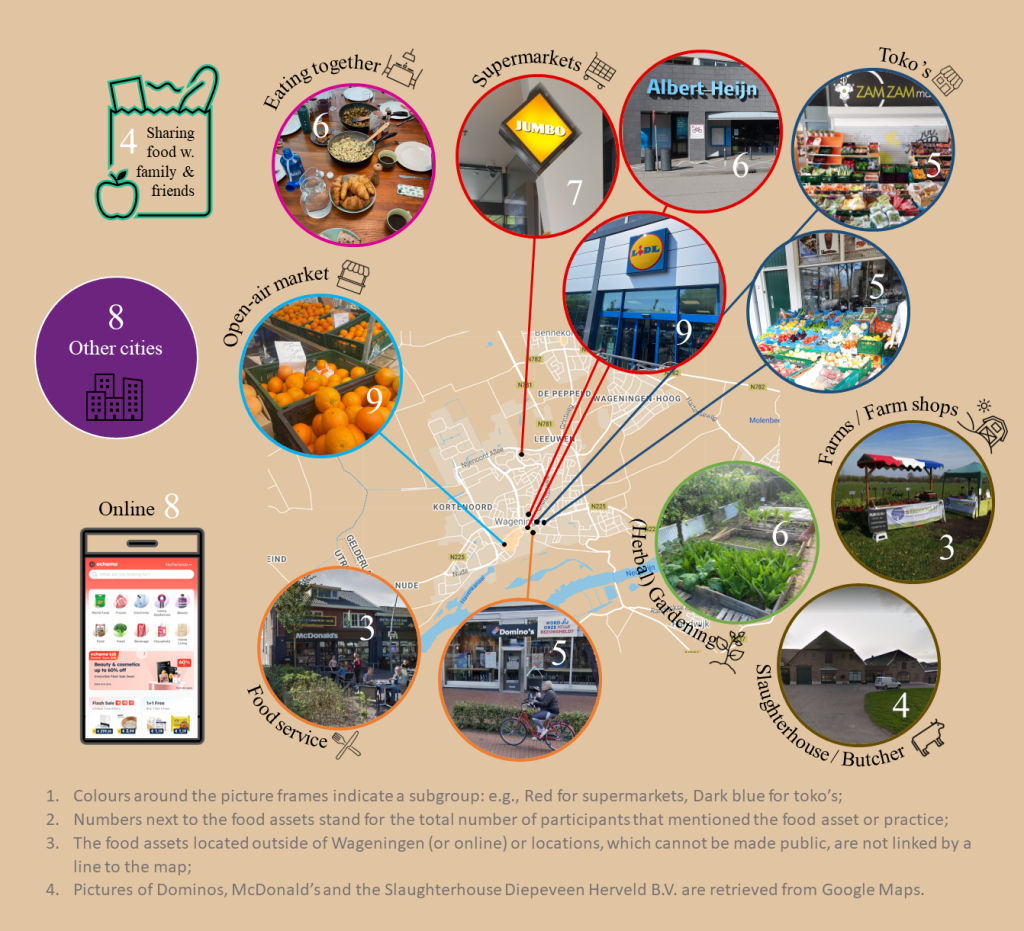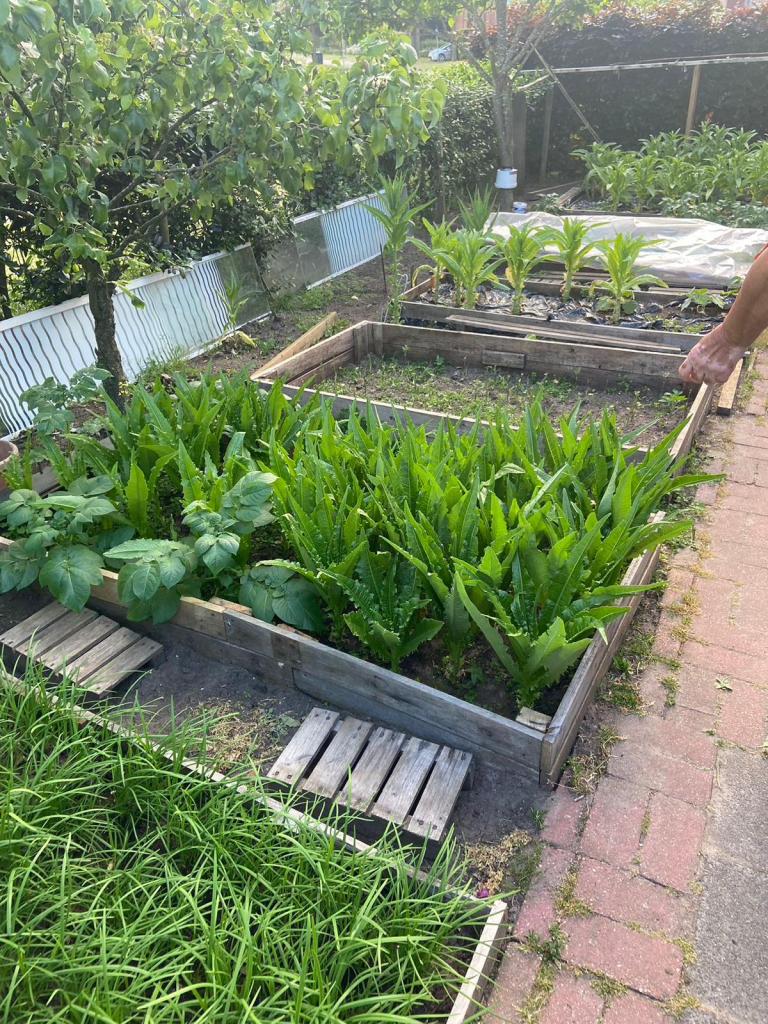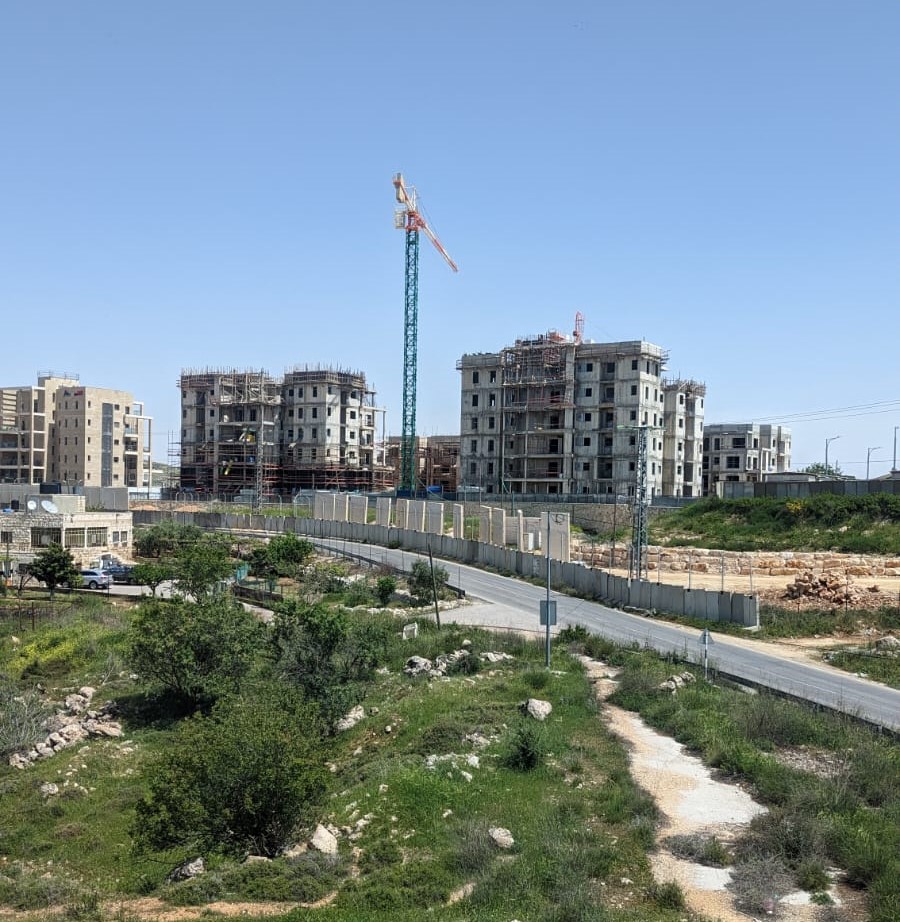By Dasha (Daria) Gretchikhine, MSc student
Introduction
A person’s food environment has a huge impact on what food is accessible to them. This influences not only the kind of food choices residents make but also how they navigate the city. In 2021, the municipality of Wageningen published its Food Agenda. The report noted that residents with a migration background had limited involvement in food-related initiatives. It also mentioned the general lack of knowledge about how residents navigate themselves in the urban food environment. My master thesis responds to this knowledge gap. My thesis was conducted using Food Asset Mapping and Photovoice methods to explore the food routines of Wageningen residents with a migration background and their perception of the local food environment. In this blog post, I will show a glimpse of the findings, answering the main research question: How do households with various migration backgrounds navigate themselves in the multi-ethnic food environment of Wageningen?
Exploring the food provisioning practices
“I can buy anything. If I want something, I can buy it. Except for a few products.”
Most participants have a similar experience to the one shared in the quote above, as they are generally satisfied with the range of products that can be found in Wageningen. Based on the interviews and received photos from the participants, my research indicates that many households share similar grocery shopping routines. Supermarkets, the open-air market and tokos were the most visited, despite the varying food-related preferences and cultural backgrounds among the interviewed residents (see Figure 1). Locations like restaurants, online stores, farms and farm stores also play a prominent role. Other food provisioning practices like gardening, food exchange between family members and friends, and eating together are also widespread among the participants. Food stores are most appreciated when they meet several food-related wishes of the households such as the availability of desired products, cultural and religious accommodation, accessibility, product quality and affordability.

Challenges in the Wageningen food environment
“We are Muslims, so we must have Halal meat.”
The variety and number of places to buy food, like grocery stores, online shops, farm stands, and restaurants, are rapidly increasing and becoming even more diverse in Wageningen. While the city’s food environment is generally marked by the participants as one rich in food options, they also mark that some cultural and otherwise valued food habits are still hard to replicate. Some examples include tough-to-find cuisine-significant products, Halal eating-out options, and affordable and good quality products like fresh meat, fish, fruit and vegetables.
Household agency and adaptation strategies
“Yes, I don’t look at Organic (certified produce), because my sustainability – I try not to waste food, that’s what I do.”
All interviewed households shared ways in which they overcome the limitations of the local food environment, along with their ideas of what eating healthily and sustainably means. While adapting to the environment, many households implement and prioritize their own needs and values, as mentioned in the quote above. They are driven by personal preferences like wanting to cook recipes from their homeland, adhering to religious rules, and saving money. This motivates them to look for other options both within and outside their local area, like ordering food online, shopping in different cities or even countries, making their own versions of certain products at home, and buying in bulk. These and other resourceful solutions are some of the ways through which the households overcome the city’s imitations.
Besides searching for alternatives, households show a great deal of adaptation to the local food environment by adjusting their food routines and eating habits to meet the available food options. Moreover, interactions with other residents with Dutch and international backgrounds are highlighted by the participants as a phenomenon that greatly shapes their food habits, indicating the development of transnational foodways in Wageningen.




Conclusion
“[…] So of course, we are going to miss a lot of things, but we feel satisfied because we still enjoy new food that we found here. Also, the mix of cultures help us to meet new type of food […].”
My MSc thesis shows that although households with a migration background are at times confined by the characteristics of the food environment, they overcome the potential limitations by adapting to new foodways, going to great lengths to recreate important food practices and finding other alternatives, through which they create further freedoms for themselves and their nearest.
Food has been shown to be a medium that helps increase and sustain participants’ social networks within the city. This is why the Wageningen food environment plays a key role in the household’s sense of belonging to the city space and other residents. The feeling of welcomeness in the food environment is shaped by the individual experience of the food availability in the city and its appropriateness but also by the associated social practices. The need to adjust the behaviour around food and eating creates a sense of unwelcomeness for some households while encouraging others to take on new food habits and discover other cuisines, as mentioned in the quote above. Addressing issues of the city’s food environment is fundamental in the process of sustaining and creating a truly welcoming and inclusive living space for all in Wageningen.
If this blogpost made you curious to my full master thesis, you can find it here.




